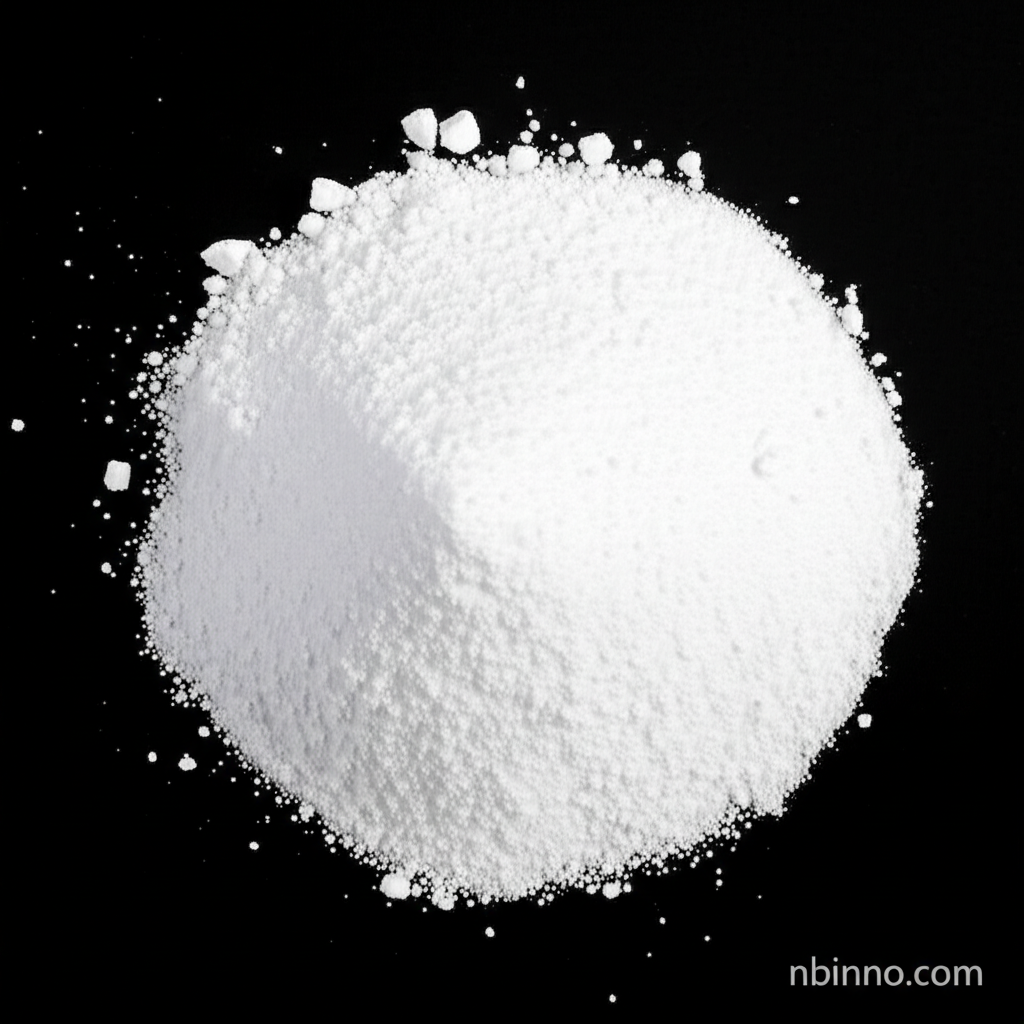Unlock the Potential of 4,6-Dimethyl-2-hydroxypyrimidine in Pharmaceutical and Agrochemical Synthesis
A versatile chemical compound driving innovation in life sciences and agriculture.
Get a Quote & SampleProduct Core Value

4,6-Dimethyl-2-hydroxypyrimidine
This compound is a highly versatile organic molecule, recognized for its critical role as a building block in the synthesis of a wide array of biologically active compounds. Its pyrimidine structure, combined with a reactive hydroxyl group, makes it an indispensable intermediate for complex molecular assembly in various scientific disciplines.
- Discover the key applications of 4,6-Dimethyl-2-hydroxypyrimidine in pharmaceutical development, where it serves as a foundational component for novel drug discovery.
- Leverage the power of CAS 108-79-2 chemical properties to enhance your research and development processes for improved outcomes.
- Explore the significant 4,6-Dimethyl-2-hydroxypyrimidine agrochemical uses, contributing to the creation of more effective crop protection solutions.
- Understand why researchers actively seek to buy 4,6-Dimethyl-2-hydroxypyrimidine for its unique chemical attributes and proven efficacy in synthesis.
Key Advantages
Versatile Building Block
As a vital organic synthesis intermediate, 4,6-Dimethyl-2-hydroxypyrimidine facilitates the construction of complex molecules, underpinning innovation in chemistry.
Pharmaceutical Applications
Its role in drug synthesis, particularly for antiviral and anticancer therapies, highlights its importance in advancing healthcare and medical treatments.
Agrochemical Significance
The compound's utility in agrochemical formulations contributes to enhanced crop protection and yield, supporting sustainable agricultural practices.
Key Applications
Pharmaceutical Synthesis
Utilized extensively as a key intermediate in the creation of new pharmaceutical agents, particularly in areas like antiviral and anticancer drug development.
Agrochemical Formulations
Plays a crucial role in the synthesis of herbicides and fungicides, improving the efficacy and stability of crop protection products.
Biochemical Research
Serves as a valuable reagent in biochemical assays and studies, aiding in understanding enzyme activities and metabolic pathways.
Analytical Chemistry
Functions as a reference standard in chromatographic techniques, essential for the accurate identification and quantification of related compounds.
